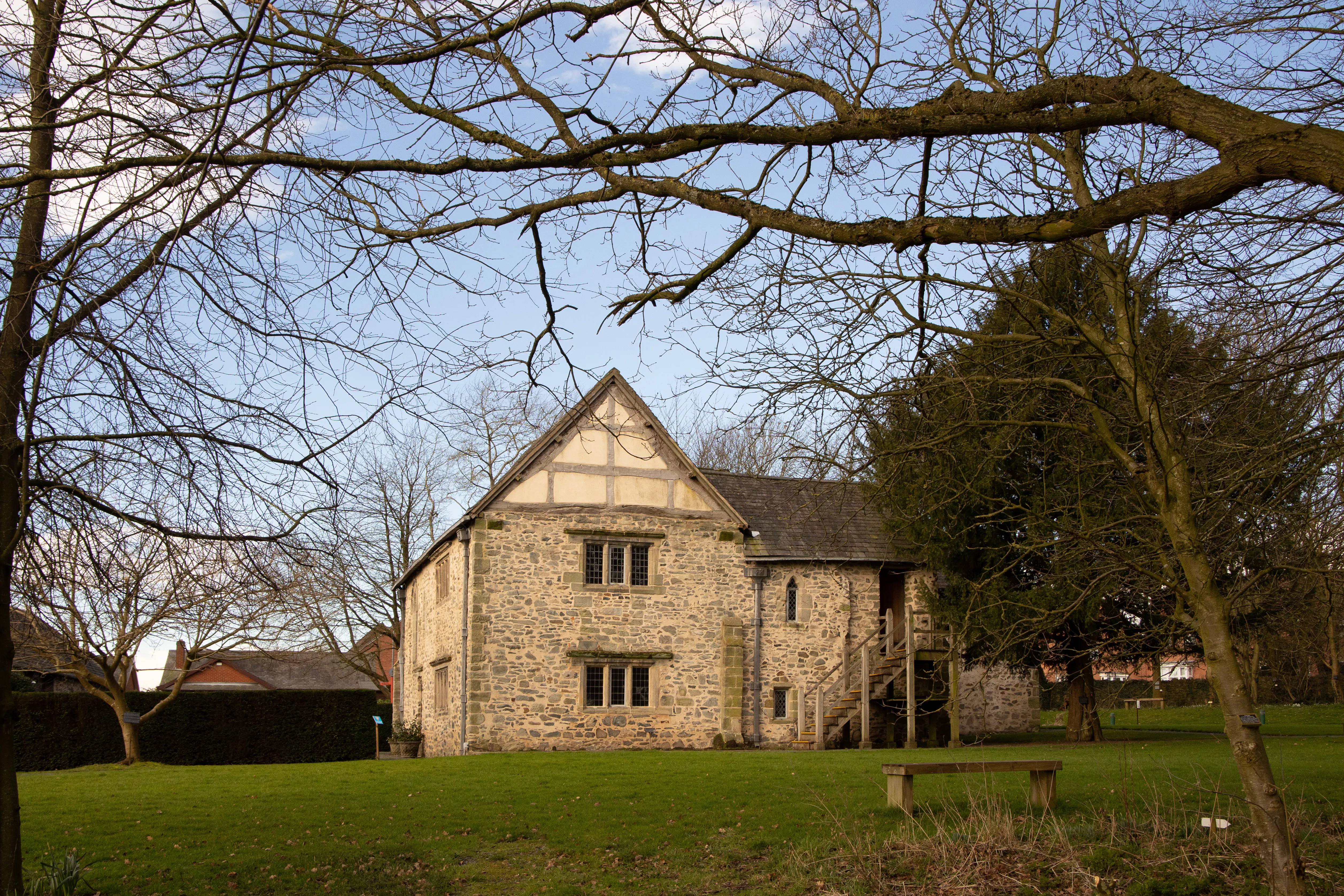There's always somewhere new to visit in the National Forest, with an array of unique attractions to explore and discover.
Browse the National Forest Map and explore this destination and things nearby.
Added to basket

Route details

Long
14 miles (21.5km) or 8 miles (15.5km)

Time
Allow 6 hours

Map
OS Explorer 245 The National Forest

what3words
zone.souk.groups

Os Grid Ref
SK418144

Start
Snibston Colliery Park, Ashby Road, Coalville, Leicestershire, LE67 3LN.

Path type
Unsurfaced paths, farmland, woodland and tarmacked sections.

Accessibility
Unsurfaced trails which may be muddy in wet weather and stiles may restrict access.
Browse the National Forest Map and explore this destination and things nearby.
Summary
Please be advised that due to large scale housing development work between Hugglescote and Ellistown, part of this route is not currently useable. We suggest following the route to point 4 through Donington le Heath woods. When you reach the main road, turn right here and walk down Midland Road (instead of following the path along the River Sence) until you reach a double roundabout. Turn left at the ASDA filling station, and walk along Beveridge Road until you rejoin the route at point 6.
This 14-mile walk links the past, present and future of The National Forest.
Historic houses, former coal mines, working granite quarries and new woodlands are linked in a route which celebrates the industrial heritage of the area and its future as part of the evolving Forest.
Walk highlights
Located on the site of the former Snibston Colliery, the park is owned by Leicestershire County Council and covers over 40 hectares of woodland, wetland and meadows, and a variety of walking and cycling trails. housing a collection of mining memorabilia. The café is next to the Century Theatre, the oldest surviving travelling theatre. The Grange Nature Reserve was the garden of Snibston Grange, once home to the Colliery Manager, and has a Victorian arboretum, ponds and wildflower meadows.
Dating back to 1290, the manor house is one of the oldest houses in Leicestershire. In 1618 its owners, the Digby family, remodelled the house in the fashion of the time, giving it a mixture of
Medieval and Stuart features. Everard Digby was a close friend of Guy Fawkes and became involved in the Gunpowder Plot of 1605. He was the only surviving plotter to plead guilty and was executed in 1606. The house is now open as a museum, with a walled garden and a café.
The railway line was a spur off the line which ran from Shackerstone to Loughborough and served the South Leicester colliery. It also linked with the Leicester-Swannington Railway, the first public railway (1832), engineered by George and Robert Stephenson.
The rocks in this part of Leicestershire were formed under volcanic activity over 600 million years ago. Quarrying originally started at the adjacent Old Cliffe Hill Quarry in the 1870’s, and annual production of “Markfieldite” granite gradually increased from 1,000 tonnes to over 1 million tonnes in the 1970’s. New Cliffe Quarry was opened in 1988, and the two were linked by a tunnel. Old Cliffe quarry finally ceased production in 2005, and the granite is washed, crushed and cleaned to be sold around the world as rail ballast, road surfacing, driveways and sports surfacing.
The name is suggested to be a corruption of the word "barrow," meaning burial ground. This is thought to be linked to stories of a Saxon battle on the adjacent land with the dead buried on the hill. The hill-top is a regionally important geological site although only a few outcrops of pre-Cambrian rock remain after quarrying.
See the light at the six Noon Columns dotted around the Forest. Slots cut into these 3-metre-high oak sculptures, designed by internationally renowned artist David Nash, allow rays of sunshine through at ‘true’ noon each day. Visit the Charnwood Noon Column, a short walk from the car park.
Created by the Royal Forestry Society in 1998, the woodland includes walking trails, cycleways, nature conservation areas, commercial plantations and a Millennium circle of oak and yew. One of a complex of 4 different woods covering a total of 163ha - Workmans Wood, Grange Wood and Park Farm being the others.
Facilities
Where to eat
There's always somewhere new to visit in the National Forest, with an array of unique attractions to explore and discover.

Help us to maintain our trails for others to enjoy, by reporting any issues you come across.
